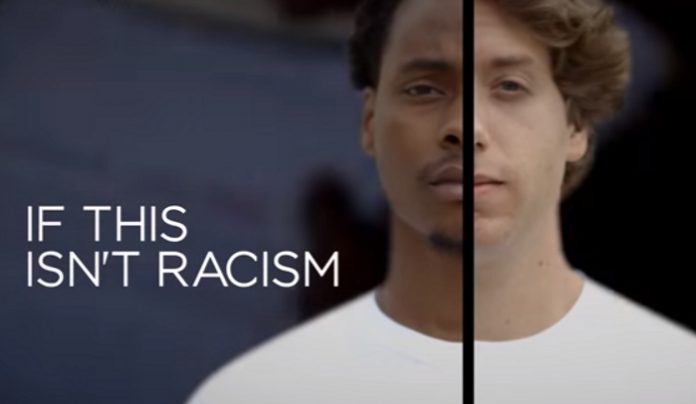With the recent news about several police-related deaths of civilians, the issue of racial profiling is making headlines again. In the past, the relationship between racial minorities and law enforcement officers has been strained. And with the recent events, this strained relationship continues today and has become even more complicated.
Many minority groups believe that they are unfairly being targeted by police because of their race. For example, reports show that traffic patrol has pulled over a higher percentage of African-Americans and Hispanics than Caucasian people. A study in racial profiling in the LAPD done in 2008 shows that blacks were frisked 127% more times than whites. It also shows that the arrest rate for blacks is 29% higher than whites, and this is even when the rate of contraband found on a suspect is actually lower for blacks and Hispanics than whites.
Advocates of racial profiling state that it helps in identifying criminals, preventing crimes, and protecting innocents. They argue that by having a racial profile, they can apprehend a ‘criminal’ before that person hurts someone. These supporters say that racial profiling is backed by statistics and science, and that it is not an act of racism. However, those protesting against racial profiling say that those statistics and the scientific evidence are just a more modern method of using skull measurements to identify who is the ‘better’ race.
What makes racial profiling controversial is also the fact that it is a harmful practice that presents several unique issues that make it challenging to address using standard police accountability measures. Law enforcement officers are trusted by society and are given wide discretion when performing their duties. And if left unchecked, they could use this wide discretion to abuse their position in the name of effectively and efficiently enforcing the law. They could use violent and excessive use of force, falsify evidence, and engage in racial profiling.
The call for reform in law enforcement agencies and putting a stop to racial profiling has become stronger. President Obama’s Task Force has created six policy proposals as solutions to racial profiling. In summary, they are:
1. Building trust and legitimacy
The culture in law enforcement should be more of a guardian mindset rather than that of a warrior in order to build trust and legitimacy within agencies and with the public.
2. Policy and oversight
Police must carry out their responsibilities according to established policies which reflect community values and must be held accountable if they do not.
3. Technology and social media
The use of these tools can build community trust and legitimacy because the police can engage and educate communities, and have dialogues about privacy, accountability, and transparency. But its implementation must be built on a defined policy framework, and its purposes and goals must be clearly delineated.
4. Community policing and crime reduction
Working with neighborhood residents to co-produce public safety, as well as pushing communities to engage in a policing culture that reflects the values of protecting and promoting the dignity of all.
5. Training and education
As the scope of responsibilities of law enforcement has widened, an expanded and more effective training is required, especially in a society that has become more pluralistic.
6. Officer wellness and safety
The wellness and safety of law enforcement officers is critical not only for them, but for their colleagues, agencies, and for the public safety as well.
These policies can bring long-term improvements to how law enforcement agencies interact and bring about positive change in communities. But is there really nothing the government and law enforcement can do now to stop racial profiling?
Crystal Lombardo is a contributing editor for Vision Launch. Crystal is a seasoned writer and researcher with over 10 years of experience. She has been an editor of three popular blogs that each have had over 500,000 monthly readers.


















